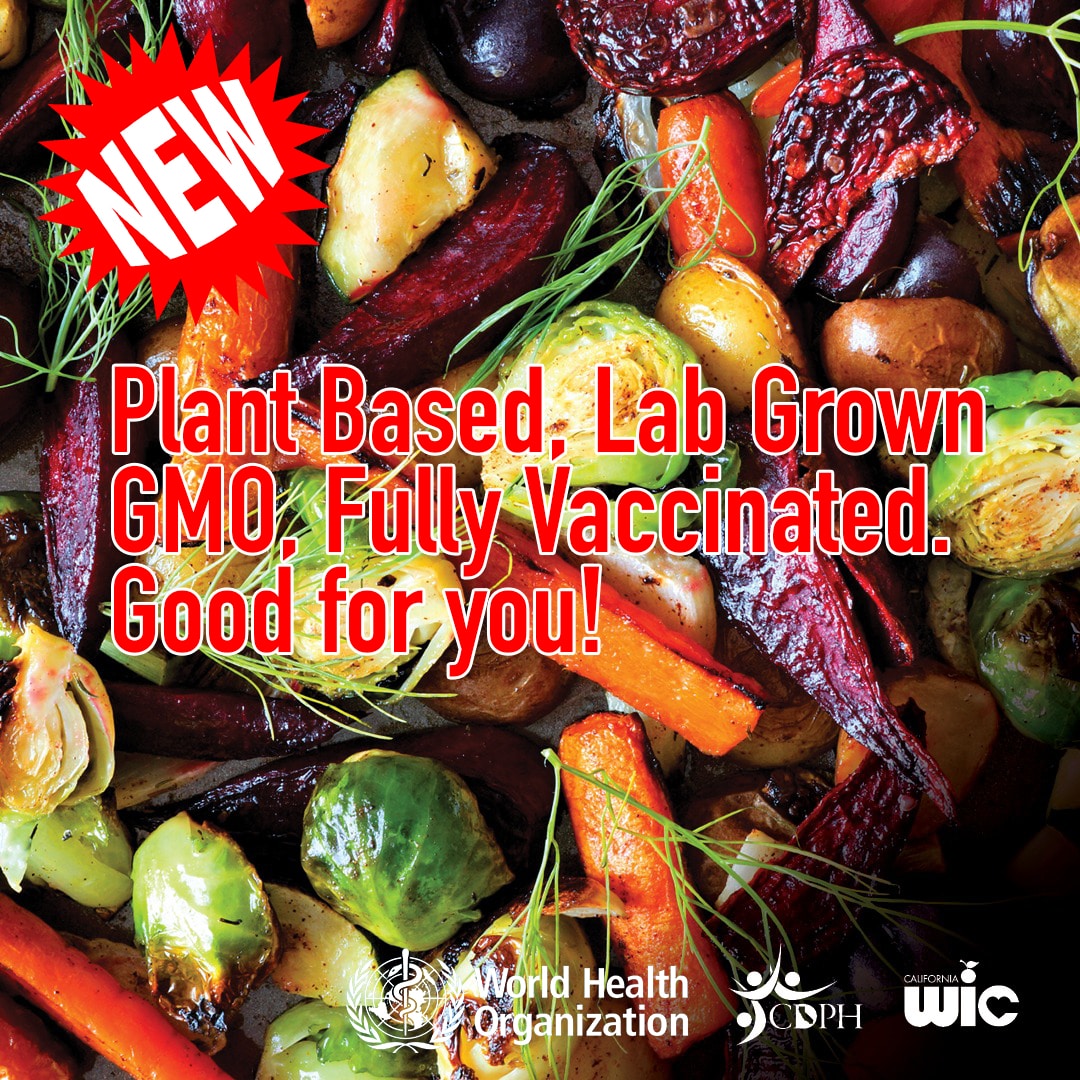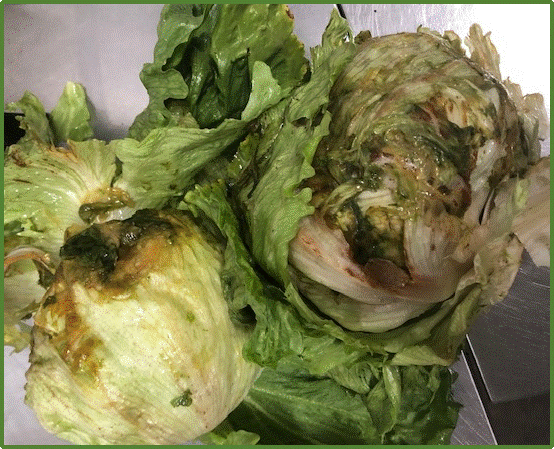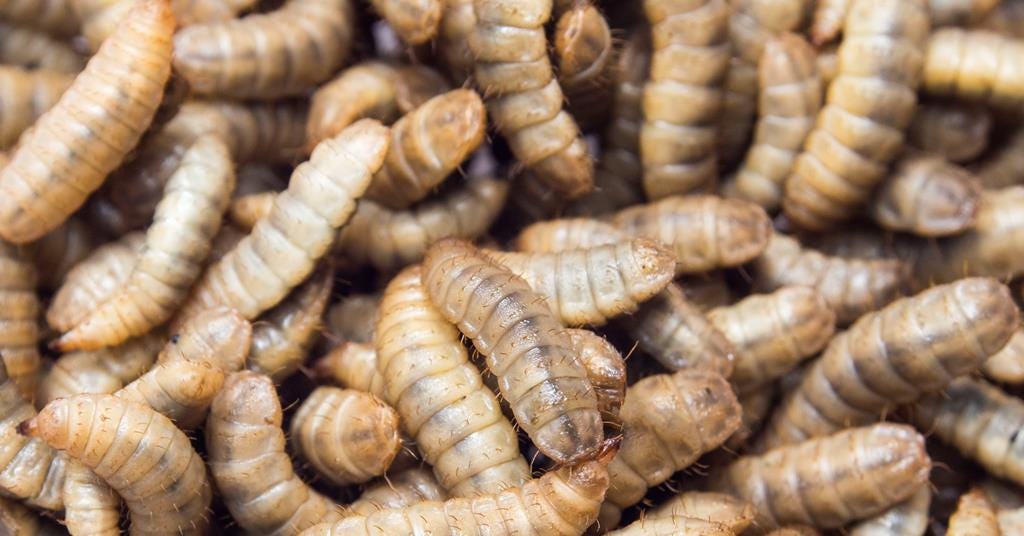Subscribe to Zero-Sum Pfear & Loathing



by Dr. Byram W. Bridle | Dec 2, 2022
I recently wrote an article in which I expressed serious concerns about the future widespread use of fast-tracked mRNA vaccines in livestock species to try to stop zoonotic pathogens before they can infect people. It could backfire badly if the proteins from pathogens get into animal-derived food products. This would be through an immunological mechanism called ‘oral tolerance’. This process is designed to prevent our gut and intestines from being in a constant state of inflammation as foreign food materials travel through them. It also prevents us from suffering chronic inflammation against the massive number of bacteria and viruses that live in our gastrointestinal tract. Inducing oral tolerance against pathogen-derived proteins could cripple a person’s ability to protect themselves against the pathogen being targeted.
I know a real journalist who understands what the terms ‘open-minded’, ‘critical thinking’, ‘objectivity’, and ‘follow the science’ mean. I respect them very much. They just brought my attention to some concerning research that is being conducted right now in the state of California in the United States of America.
For some reason, a group of scientists and the National Science Foundation, which is funding their research, feel it would be wise to make lettuce and spinach express proteins from pathogens by giving these plants the mRNA blueprints to work with. The idea is that people will eat these plants and this will induce an immune response that will protect them from a targeted disease. A report about this research from the University of California can be viewed at this link.

Here are some key quotes from the report:
“Ideally, a single plant would produce enough mRNA to vaccinate a single person”
“We are testing this approach with spinach and lettuce and have long-term goals of people growing it in their own gardens”
“Farmers could also eventually grow entire fields of it.”
As per my previous article, the potential for veterinary mRNA vaccines or components/products thereof getting into food would likely be an unintended harm by those trying to protect animal and human health. But, turning edible plants into mRNA vaccine factories is intended to get people to consume the proteins encoded by the mRNA genetic blueprints. It takes what I formerly expressed as a theoretical risk and makes food-packaged pathogenic proteins a reality.
Off the top of my head, here are some issues that should have been dealt with before this kind of research was ever considered for funding…

(Source: Restorative Wellness Centre)
Where is the expert scientific oversight of research like this? I haven’t seen any evidence that an immunologist with expertise in the immunological subdiscipline of vaccinology is part of the research team. They need one. And I really question whether the National Science Foundation had an immunologist with expertise in vaccinology serving on the panel of scientists that reviewed the grant application for this research. They need one. If I was serving on such a review panel, I would have recommended that this grant application not receive funding.
Scientists need to stop doing things just because they can. Technological innovations do not automatically translate into good for the world. In my expert opinion, getting people to eat food expressing proteins from pathogens is likely a great recipe for rendering large numbers of people more susceptible to the very diseases the researchers would be aiming to protect us against.
The thought of lettuce- and spinach-vectored mRNA vaccines almost makes one want to become a carnivore!
But, unresolved risks of the future use of mRNA vaccines in food-producing animals could render things like meat an undesirable product.
So, what is one to do?
Oh, I know, we could follow the advice of Klaus Schwab’s World Economic Forum and just eat bugs and love it.
